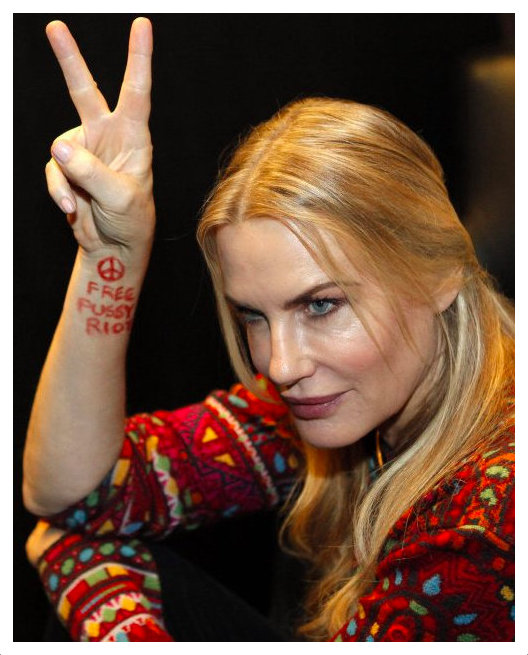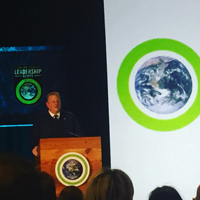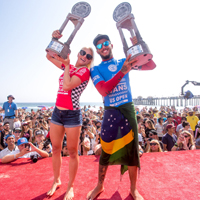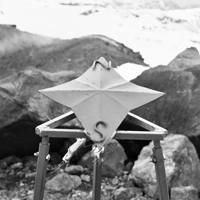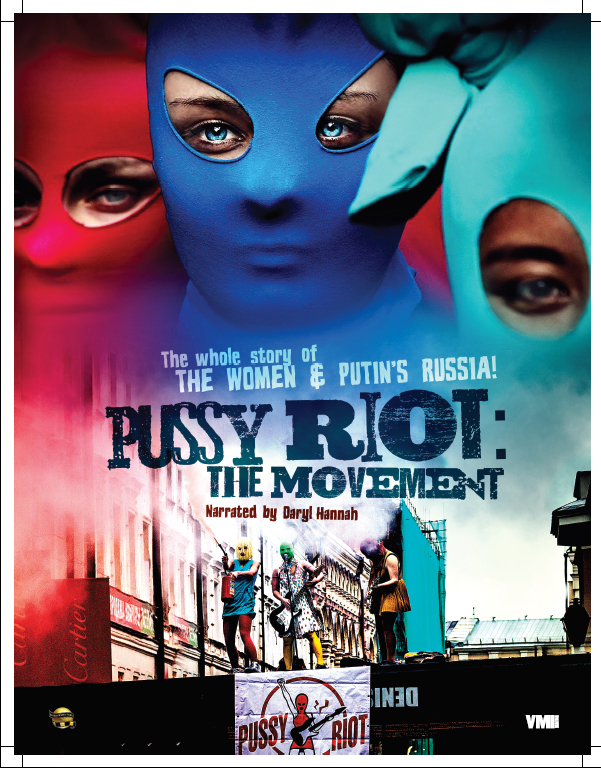
On April 2, 2015, Los Angeles hosted the premiere screening of the documentary film “Pussy Riot: The Movement,” by director/filmmaker Natasha Fissiak. It was the first time that many of us had seen what truly happened to the all-girl punk band who criticized the Russian government and in particular, President Putin.
The documentary is just in its beginning phases of distribution and gaining attention fast. At the screening, hosted at the Laemmle Music Hall in Beverly Hills, we were able to gain intimate knowledge of Natasha’s experiences and motivations behind making the film about this notorious group of young female punk rockers.
It all started when Fissiak, a Russian American, visited Moscow in July 2012, and heard about members of the punk rock, feminist band called Pussy Riot who were on trial, convicted of hooliganism, and about to give their closing statements. The members of the group – Nadia Tolokonnikova, Masha Alyokhina and Katia Samutsevich – received a harsh two-year prison sentence for merely expressing a different opinion. Fissiak saw that people were afraid. They did not want to openly discuss the case of Pussy Riot. She noticed an alarming change in Russia; it had morphed back into the Russia of the early 1990s, before she immigrated to the United States. Democratic reform had all but disappeared.
Disturbed by what she saw, Fissiak and her partner in Golden World Films, LLC, Carole Keeney Harrington, assembled a filmmaking team and set out to make Pussy Riot: The Movement, as a way to make a difference and hopefully foster change in Russia, and around the world.
Pussy Riot: The Movement covers the three-year journey of Nadia Tolokonnikova, Masha Alyokhina and Katia Samutsevich, from their early lives and the experiences that shaped them through 2014. Narrated by Daryl Hannah, the documentary begins with the arrest of the women on a dark street in Moscow and continues through the two-year imprisonment of Nadia and Masha, their “early” release and continued activism at the Sochi Olympics and throughout Russia and the world.
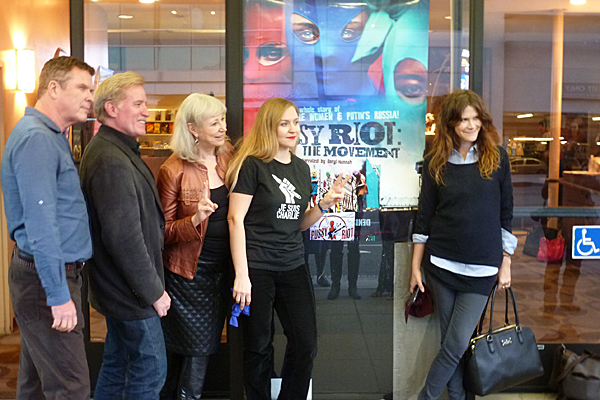
Pussy Riot: The Movement also examines the perversion of the Russian Constitution by ex-KGB officer and President Vladimir Putin and explores the entrenched nationalism of the Russian people. PUSSY RIOT – THE MOVEMENT is a powerful look at the totalitarian regime that is now “modern” Russia – a regime described by Russian writer, Masha Gessen, as “medieval.”
Pussy Riot and the documentary have been celebrated and supported by Madonna, Adele, U2, Coldplay, Foster the People, Billy Joel, Sir Elton John, Ke$ha, Sir Paul McCartney, Yoko Ono, Paul Simon, Sting, K T Tunstall, Eddie Vedder, and more. In the film, you see Madonna at a concert supporting Pussy Riot with their band name written across her back.
During the Q&A, Fissiak told the realities of how challenging it was to create this documentary. The worst part was filming the protests that were taking place in Russia. The police brutally attack peaceful protestors and arrest people easily. Her Russian film crew, who took great risks to gather footage, told her that this is how it is, to which Fissiak replied, “No one should ever get used such punishment and brutality.”
Russia is ranked as one of the worse countries in the world for journalists, right along side war-tore locations such as Iraq and Afghanistan. More than 200 journalists have been killed so far under Putin’s regime.
“I saw the closing statements of the [Pussy Riot] girls. I saw that they were educated and beautiful women, and were in jail,” explained Fissiak about why she took on the project. “They were sentenced to 2 harsh years for singing a song in a church when their punishment should have been much less.”
When asked is Fissiak was fearful when shooting the documentary, she bravely said, “Risk is a part of this. But you can do a lot of things just because you are fearful. If there is something you can do, or could have said, you have to say it. Because you have to live with yourself.”
One of the most outspoken and insightful interviews was with Masha Gessen, a writer who had lived in Russia for years. The producers of the movie admitted that since it’s come out, Masha has had to move. She now lives in New York.
This documentary is important in many ways. First it shows the struggles of artists in Russia, especially young women artists, and how an entire culture has gone backwards in terms of religious, artistic, and political freedoms. So little is being said about the Pussy Riots in jail in Russia for fear of retribution from the government and even church, which was tied into this whole scenario. In addition, most news sources simply did not cover what was going on, and only showed specifically edited pieces of what the Pussy Riot girls were having to deal with in order to control the propaganda.
The documentary also shows the courage of a young up-and-coming filmmaker to bring such issues to the forefront. The power of music and filmmaking prove that they can be the best tools for creating change.
Check out the trailer.
